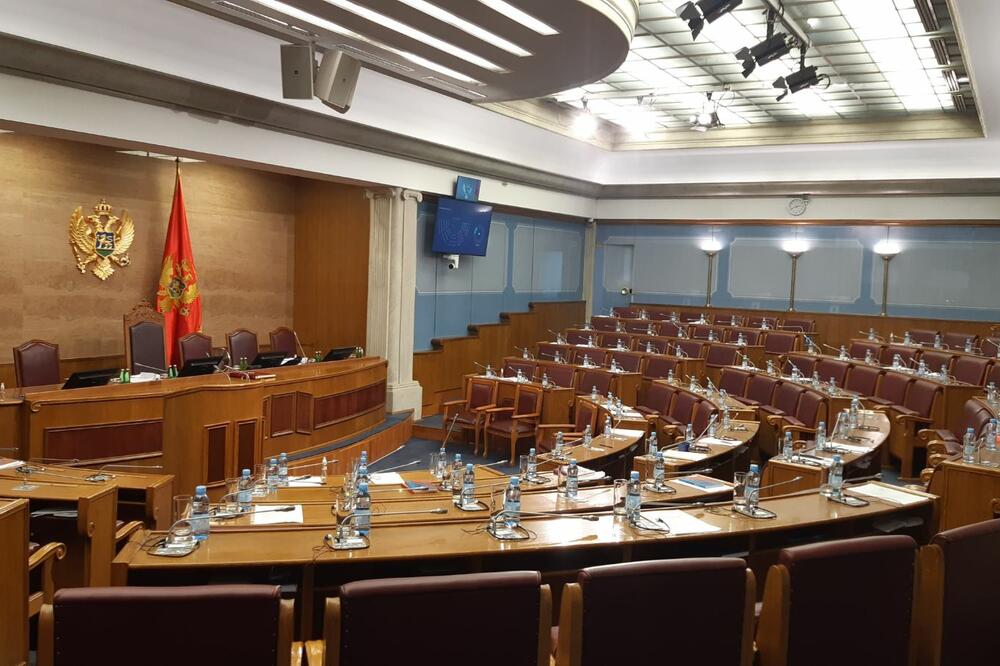At Grahovac in 1858, where the Montenegrins overcame significantly more numerous opponents, only 1 (and literally - one) Montenegrin was captured. In fact, even today it is not known who he was. The prisoner gave the Turks a false name - he introduced himself as Pavle Pavlovic - all in an attempt to preserve his surname, so that the shame (of capture) does not fall on his brotherhood.
Bizarre as it may be, this story shows at least part of the unusual attitude towards the surname, which is definitely not rare among Montenegrins. There are few cultures and societies in which there is such an emphasized (perhaps burdensome) surname cult as is the case here in Montenegro.
Man carries many bonds from birth... From the bonds of time to the bonds of death. Man is a being of limitations who has the miraculous power to dream and imagine the limitless. But also that he projects the logic of fetters on - our surnames, for example.
Recently, something was heard from the highest public place that is not worthy of parliament, in fact - not even to be spoken. Even two MPs allowed themselves to observe someone else's last name in a clearly discriminatory manner.
Along with this unworthy parliamentary impressionism, the idea of one's greater or lesser "autochthonousness" necessarily goes, which is funny, especially at a time when genetics has thoroughly shattered the myth of anyone's and any autochthonousness.
The idea of "Montenegrin" surnames is, of course, fundamentally fascist. The Prophet who said this must be rash and quick-talking, I believe that if he had thought for at least ten seconds, he wouldn't have gotten upset like this.
I have always rejected those superfluous meanings that are given to one's surname in Montenegro, in fact, there is probably no family where someone from childhood does not bombard you with the mythology of their own surname, does not introduce them to the strenuous "mystique" of the surname.
I experienced the surname as almost a technical thing, something that helps you function among others, both people and surnames. But not much more than that. It was more logical to me that the more important part of the whole name is the personal name, that which is only yours, and that with it a person defines himself crucially - by what he does as an individual, and not part of some historical sequence.
Why would today's most frequent type of last name (ić) be proof of anything, and it is especially dangerous to derive from that a hierarchy of belonging to one nation, where those with "ić" are in first place. (Let the deceased hear him Franjo Kuncer.)
Family was almost as important for Montenegrins as it was for Russians and Ukrainians, and it was certainly the reason for the somewhat later adoption of classic surnames. Science mostly explained these things a long time ago - surnames in general, and especially those with "ić" became common only in the 19th century. The older Slavic layer was evidenced by somewhat different surnames. There are still traces of that duality in Montenegro - so you have Dragaš and Dragašević, Ročena and Roćenović, Lončar and Lončarević... In each of these variants, the version with "ić" is newer, that is, newly adopted.
For generations, descendants of white Russians (and Ukrainians, Belarusians), sons and grandsons of Italians and Austrians who were brought to Montenegro long ago by work or some emotion, dark-skinned descendants of Sudanese in Ulcinj, there were also Germans who life brought to Kotor or Podgorica, and they got married there and - became "locals". If you add to that the Yugoslav experience - which made many "non-Montenegrin" surnames close to us, this statement seems even more inappropriate. Not to mention a more difficult word.
All closed societies and the same consciousnesses lack diversity, diversity... Someone whose ancestors did not move more than twenty kilometers during three centuries can hardly understand those who are able to establish themselves in a different and new culture. Today, in the age of a reduced world, in the time of the availability of all kinds of information and stories, to remain with that kind of "purity" and associated rhetoric - is evidence of a painful defeat. First, of the person who said it, and then of the society in which it is not only possible, but understandable to many, even self-evident.
Bonus video:





